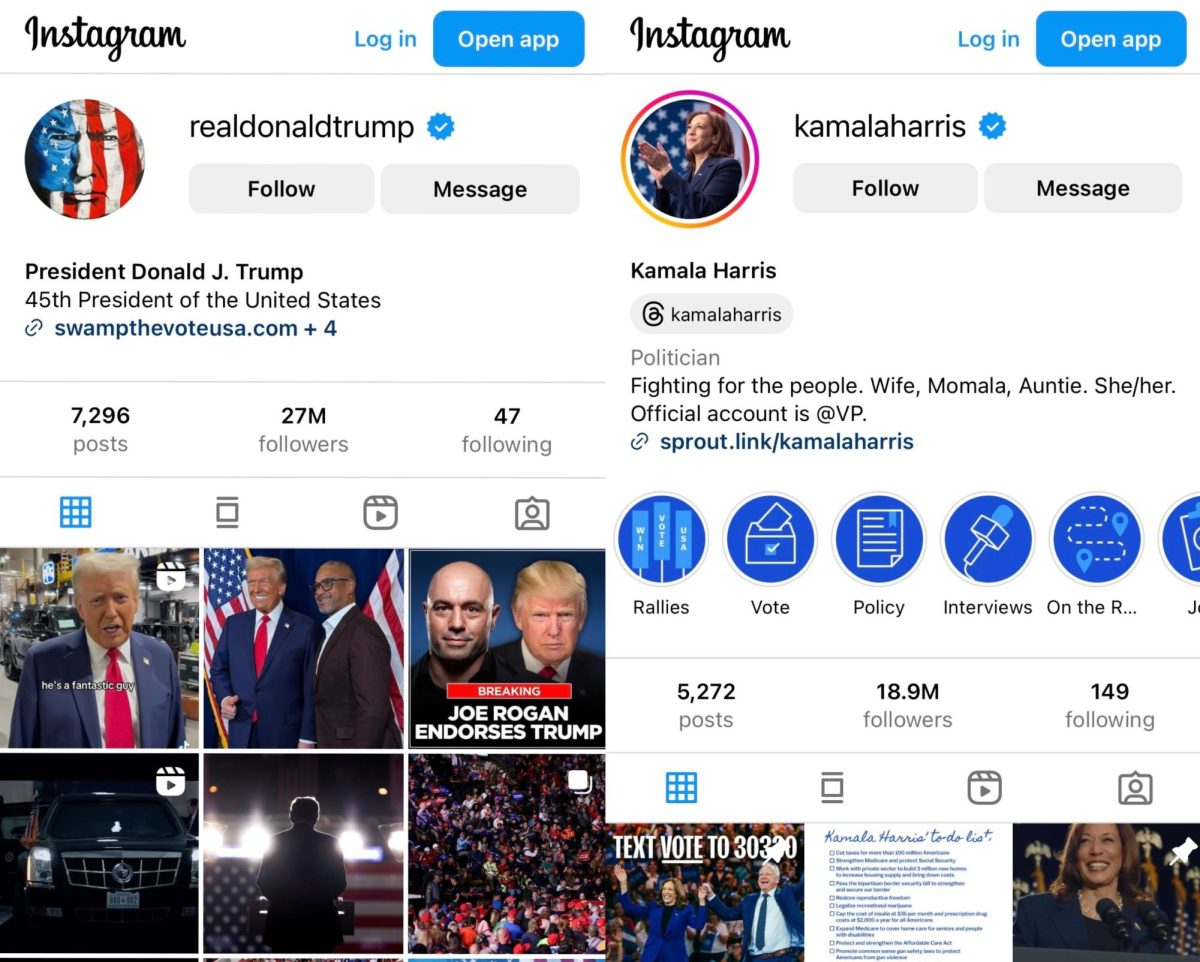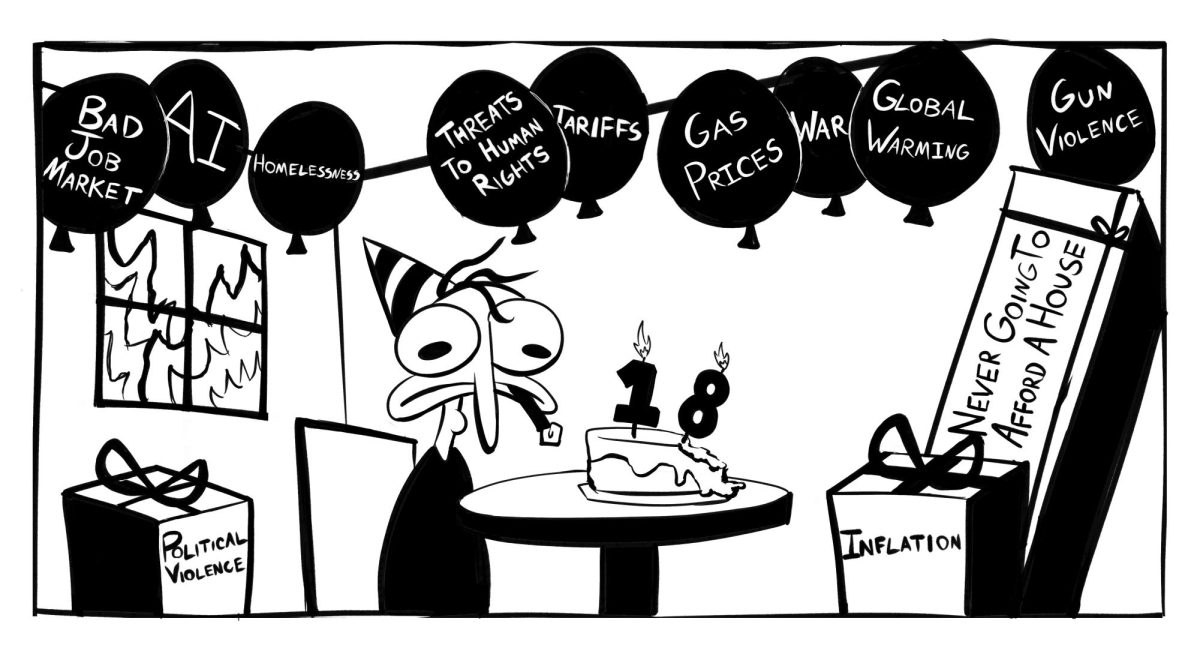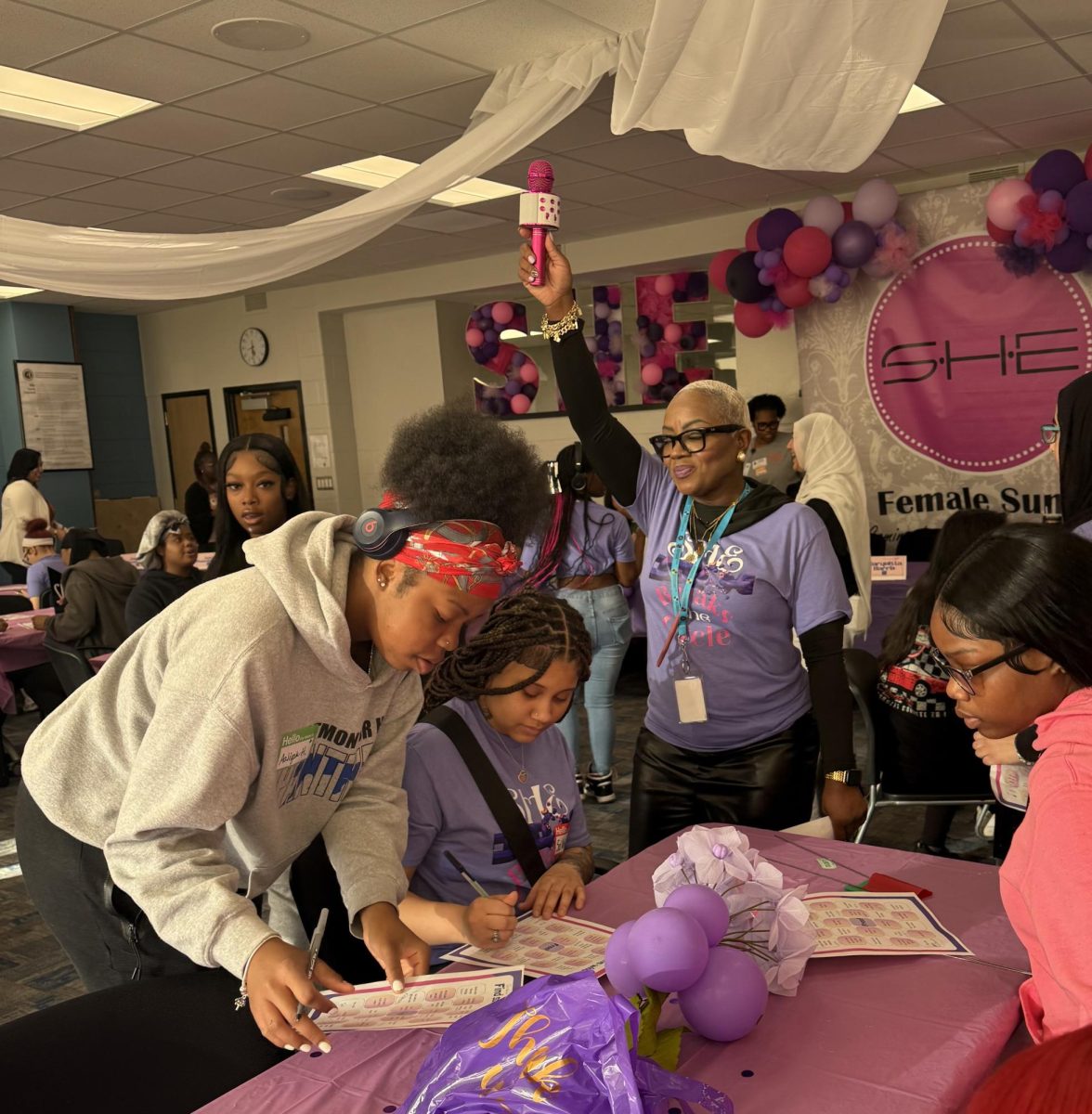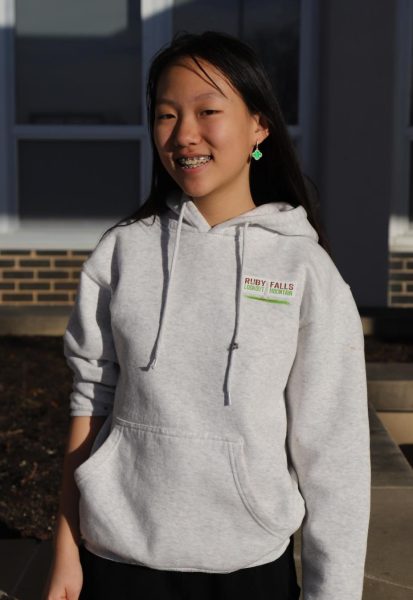As the youngest voters in the electorate, Gen Z (born between 1997 and 2012) could be the deciding factor in the 2024 election. With 41 million Gen-Zers eligible to vote this year, Gen Z is a growing bloc with strong opinions, high digital engagement, and a deep commitment to social issues. Here’s how they might shape the upcoming election.
Unlike previous generations, Gen Z has shown high rates of voter registration and turnout, especially in recent elections. Many see voting as a critical tool for creating social change, resulting in record-breaking Gen Z participation in the 2020 election and 2022 midterms. If they maintain or increase this level of turnout, their votes could be pivotal in swing states.
Gen Z stands out due to their progressive views, prioritizing issues like climate change, racism, LGBTQ+ rights, economic equality, reproductive rights, and mental health access. With the exception of millennials (24%), Gen Z adults (28%) are significantly less likely than other generations to identify as conservative. Additionally, Gen Z adults (43%) identify as liberal at a higher rate than other age groups. Among Gen Z teens, a plurality (44%) identify as moderate. (PRRI). Many young voters feel older politicians often neglect these issues, pushing them to support candidates who align with their progressive values. These priorities could drive support for candidates on the left or sway moderates to take stronger positions on these issues.
Growing up through internet culture has made Gen Z highly effective at digital activism. They leverage social media platforms like TikTok, Instagram, and Twitter to mobilize, educate, and encourage peers to vote. With hashtags, viral videos, and grassroots organizing, Gen Z can amplify messages that resonate with millions. Their digital fluency also allows them to counter misinformation swiftly, which can be crucial in today’s fast-paced news cycle.
Beyond the presidential race, Gen Z’s involvement could sway down-ballot elections, especially in local races where turnout is traditionally lower. By supporting progressive candidates in state and local races, they could influence policies that impact issues like education, healthcare, and policing.
As Gen Z continues to make its voice heard, it’s clear that this generation could play a decisive role in shaping the future of U.S. politics.














